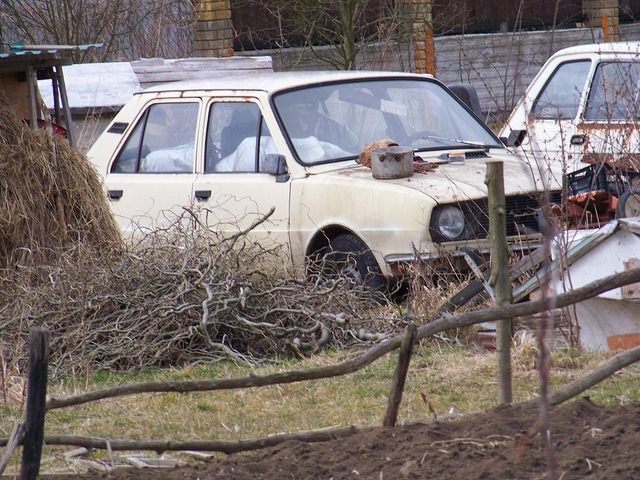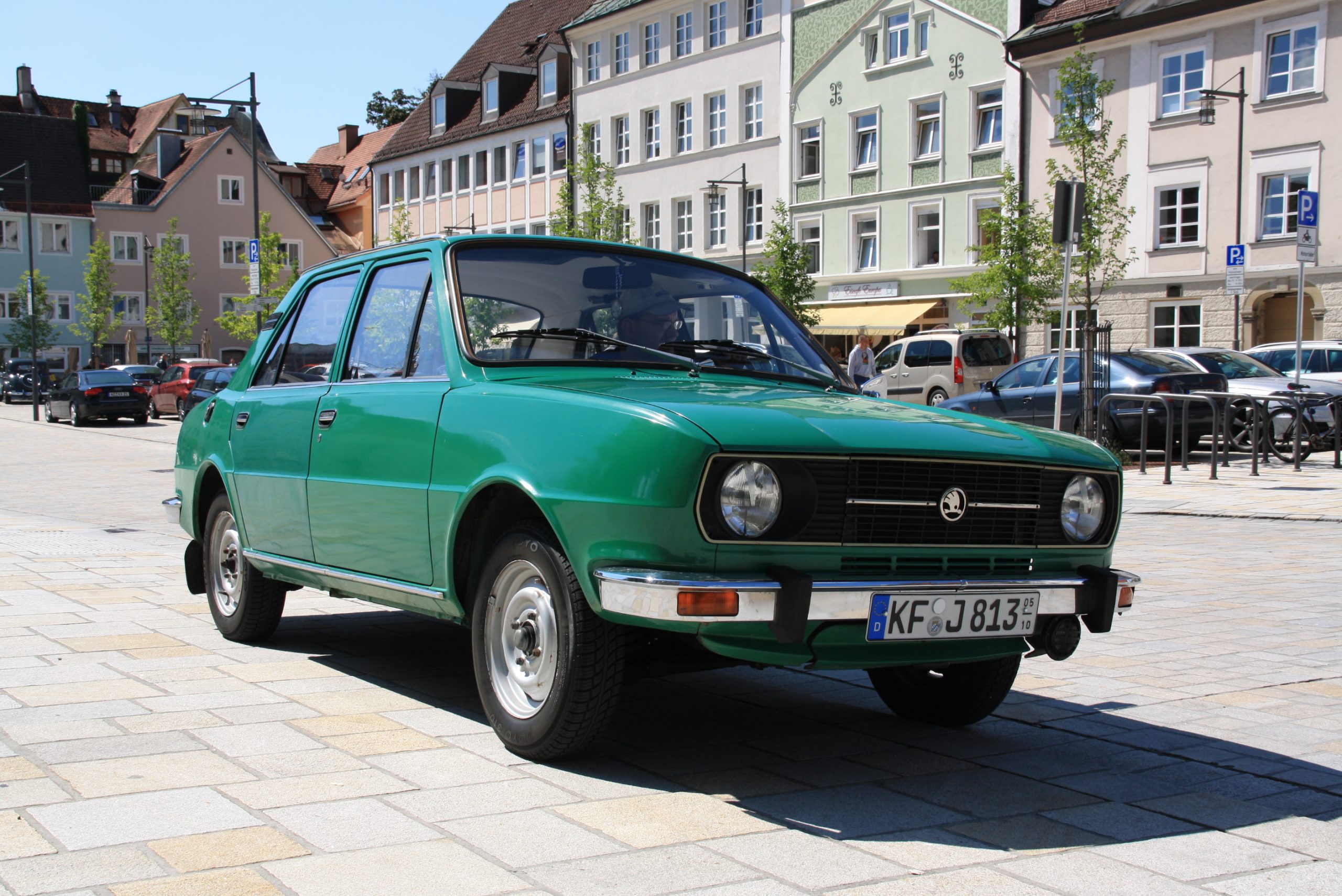The Porsche 911 Eastern Europe.
Let’s not make you wonder why there isn’t a Russian car here, since this is a Soviet cars story. We are expanding the weekly category to Soviet Bloc cars. We will not abandon Russian cars. However, we will combine them with models from other Soviet Bloc countries.
The Skoda 120/105 is often referred to as the Porsche of Eastern Europe. It is a small, rear-engined, rear-wheel-drive, family car manufactured by AZNP, a manufacturer now known as the Volkswagen-owned brand Skoda.


When and where was it made?
The production of the 105/120/125 family began in August 1976 at Mlada Boleslav’s factory in Czechoslovakia. The model was produced for close to 15 years before it was discontinued in January 1990.
Technical details:
Skoda’s were available with either a 1.0- or 1.2-liter petrol engine depending on their version. These engines delivered power to the rear wheels via manual four- or five-speed transmissions. The car’s rear suspension was modified and its track was widentened in 1984. The front disc brakes were also added to the car’s brake system.
What makes it so special?
Although initially criticised for its unpredictable handling at the limit, the Skoda was well-received by Czechoslovakia’s motorists and everyone else in the Soviet Bloc. It won several prestigious rallies around the world, including the RAC rally in Britain, and was even exported to Australia and New Zealand. The 105/120 is a constructively interesting car because it has a radiator on the front axle. This provided better cooling for long motorway runs. The cooling system was complex and prone to overheating due to airlocks.
The poor handling was eliminated after the 1984 major facelift. Autocar praised the car, saying that it “handles like Porsche 911.” However, the direct steering made the vehicle easier to control. The export of the 105/120 to Australia or New Zealand was a smart business move. This model family became a strong rival to British imports due to its low cost and long-lasting nature. In 1980, however, sales were temporarily halted due to reports that some Skodas imported from Australia were made with prison labor. Such imports are prohibited by local law. Similar circumstances were found in Australia where laws restricting import from communist nations led to sales being stopped.